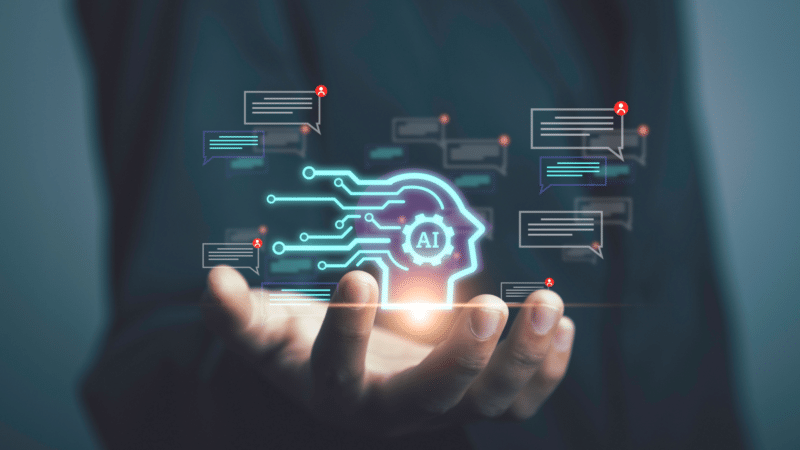
Artificial Intelligence (AI) agents are emerging as transformative players in the digital landscape, poised to disrupt search functionality as we know it. The increasing sophistication of these autonomous software applications allows them to process data, analyze complex problems, and devise solutions without the need for human intervention. With this changing tide, understanding the functionality and application of AI agents becomes essential for software developers, digital marketers, and AI professionals seeking to leverage this technology for enhanced operational efficiency and customer engagement.
AI agents are distinct entities that work independently to accomplish tasks. They analyze issues, develop systematic solutions, and continuously refine their strategies during execution. The concept of the Agentic Framework plays a pivotal role here, providing developers with the necessary architecture to create and manage these agents effectively. This ensures that resource allocation is optimized and that context is maintained in user interactions, leading to more relevant and timely responses. For businesses aiming to scale operations effectively, choosing the right framework is non-negotiable.
In the realm of AI, it’s crucial to delineate the differences among AI agents, chatbots, and multiagents. While AI agents exhibit autonomous decision-making capabilities, chatbots merely respond to basic inquiries with predefined answers. Multiagents are groups that work synergistically towards shared objectives, showcasing a higher degree of interaction and complexity. For technology professionals, these distinctions will inform design and deployment strategies across various applications, particularly in digital marketing.
The implications for businesses utilizing AI agents are significant. These agents can automate tedious and intricate tasks, thereby enhancing efficiency and improving customer experiences. Their applications range from conversational agents to search engines enhancing content creation. Furthermore, a structured nine-step process for developing AI agents, including defining use cases and contextual training, is essential for ensuring robust learning capabilities.
However, businesses must remain cognizant of the limitations inherent in AI systems. Scenarios that call for human empathy and intuition cannot be replicated by AI agents. High-quality data is a prerequisite for these systems to function optimally, alongside a sophisticated SaaS infrastructure for enhanced performance. Recognizing these caveats will enable businesses to approach AI integration with realistic expectations and preparedness.
Looking towards the future, the adoption of AI agents heralds a significant shift in marketing strategies. Brands must adapt to this paradigm to maintain a competitive edge, as effective utilization of AI agents can elevate marketing efforts and deepen customer engagement. A combination of AI-driven capabilities and frameworks equips businesses with the tools necessary for automation, cultivating stronger client relationships, and fostering growth in an increasingly competitive digital marketplace.
Incorporating the insights from AI agents facilitates an evolution in how digital marketing professionals engage with content and customers. For those exploring URL shortening and link management, integrating AI into these processes can refine engagement strategies. AI agents could streamline content distribution, optimize links based on performance data, and provide actionable insights to maximize reach and effectiveness.
In conclusion, as the realm of AI evolves, professionals who harness the power of AI agents will stand at the forefront of innovation, poised to redefine digital marketing practices. The ongoing development and implementation of these technologies promise a future where businesses can operate more efficiently, tailored to the needs and expectations of their digital audiences.
#BitIgniter #LinksGPT #UrlExpander #UrlShortener #DigitalMarketing #AIAgents #SaaS
Want to know more: Read more here

